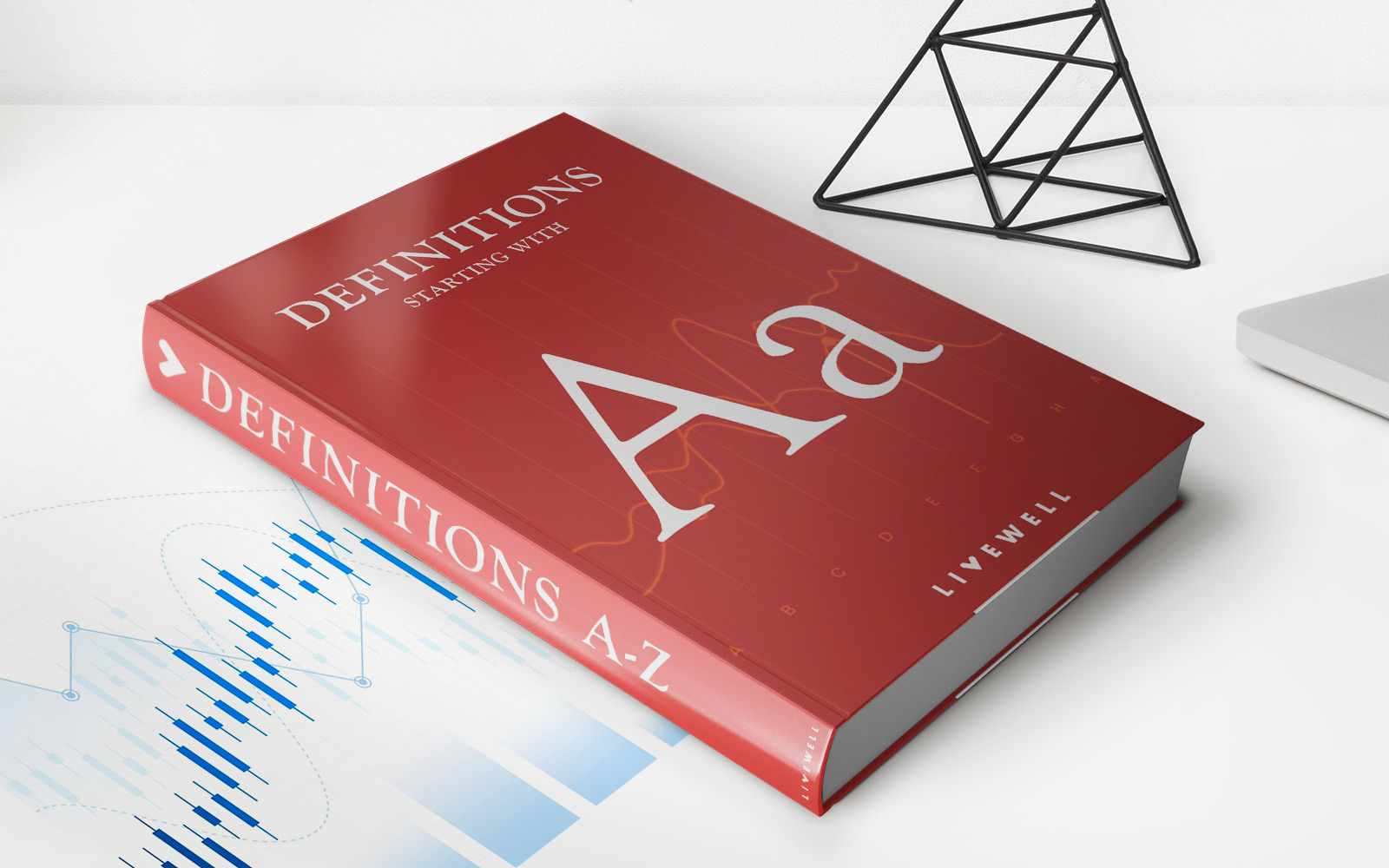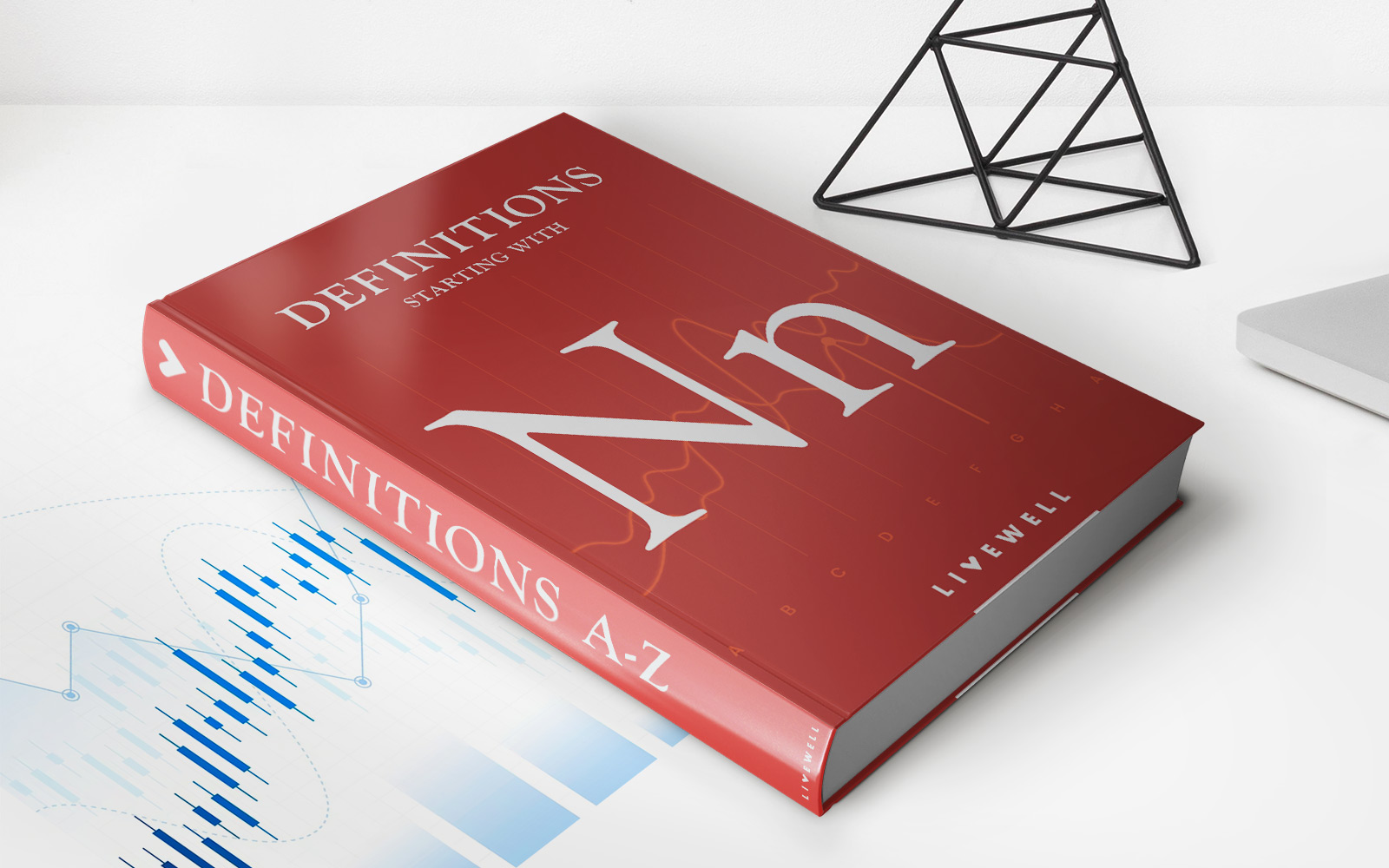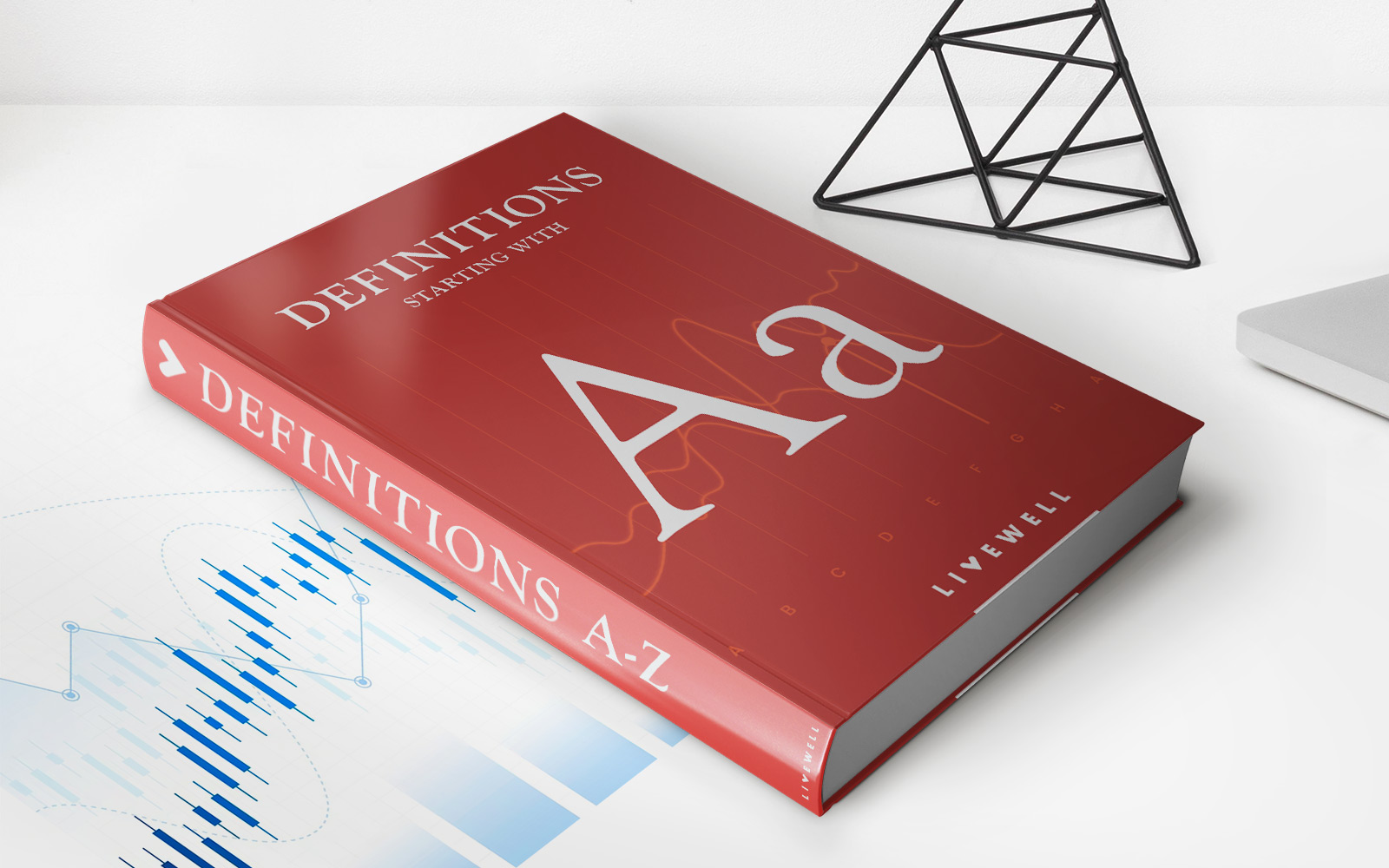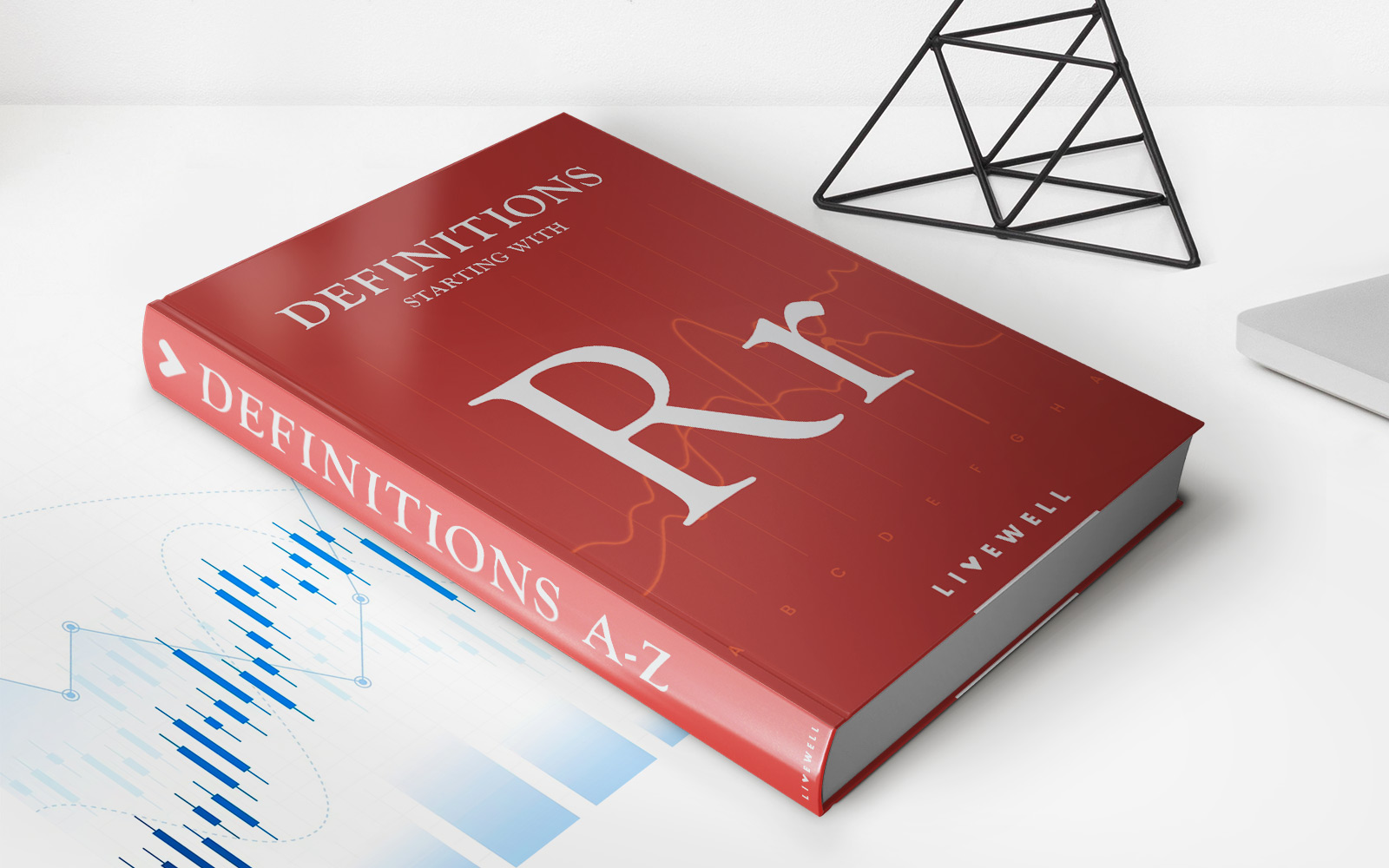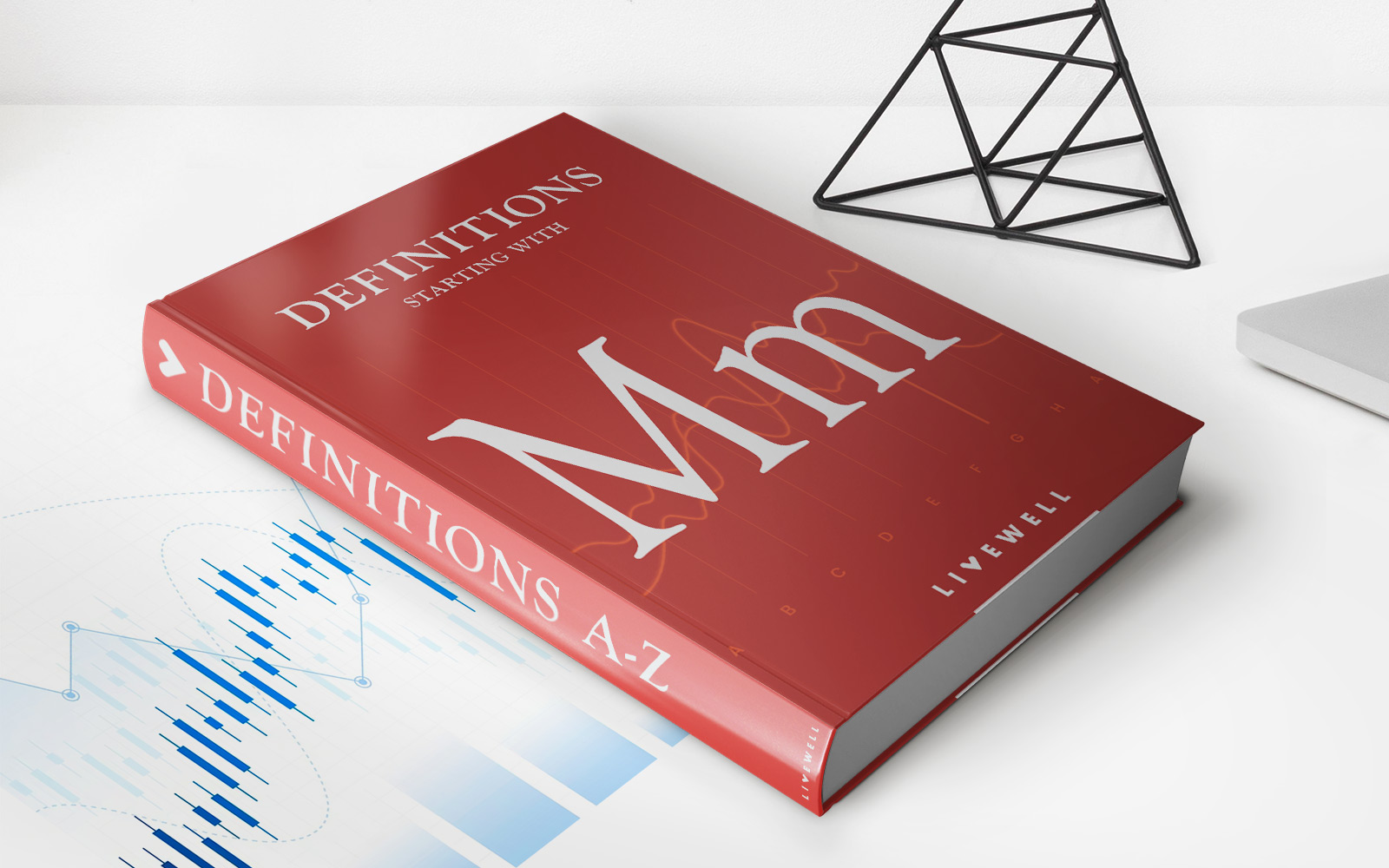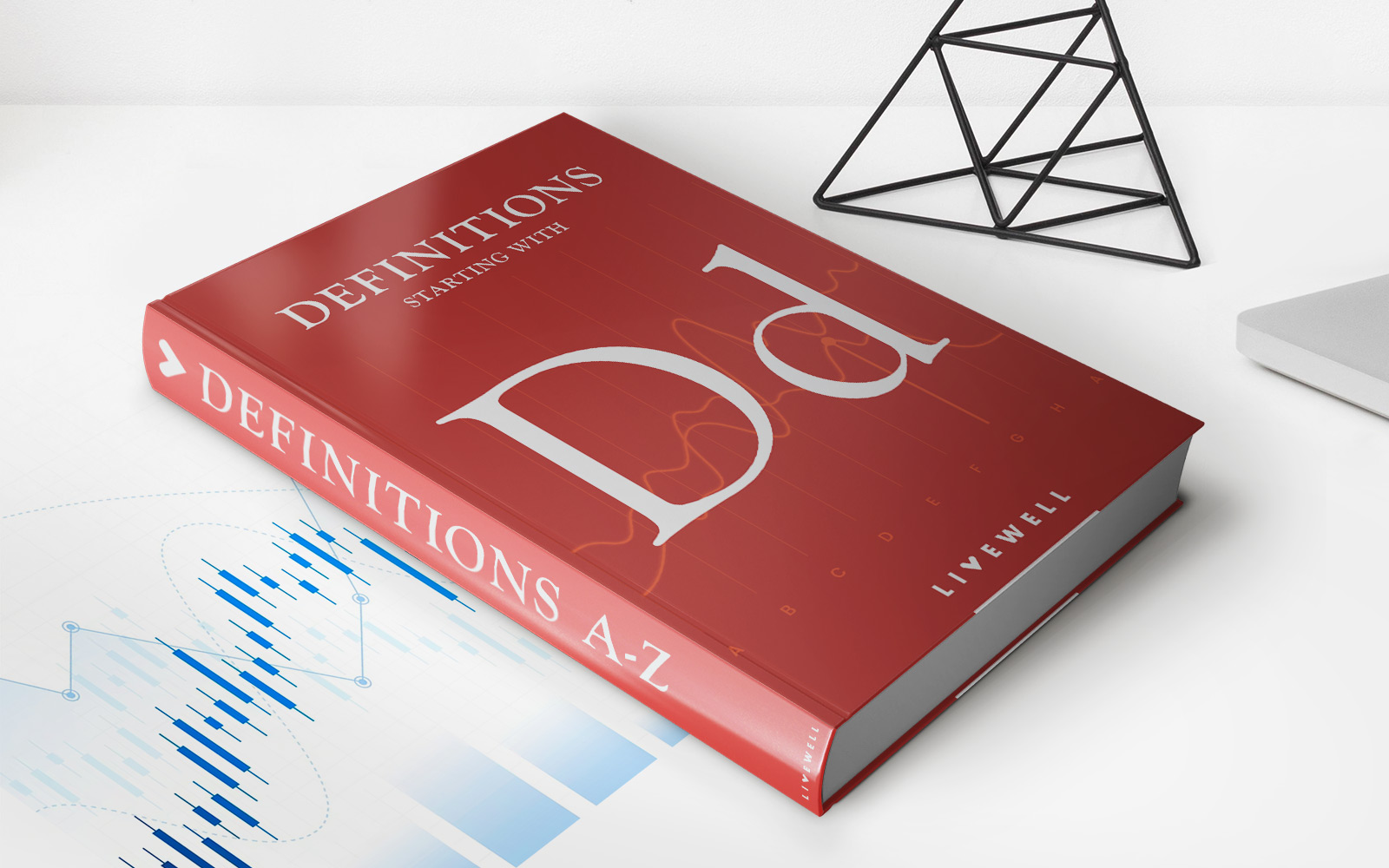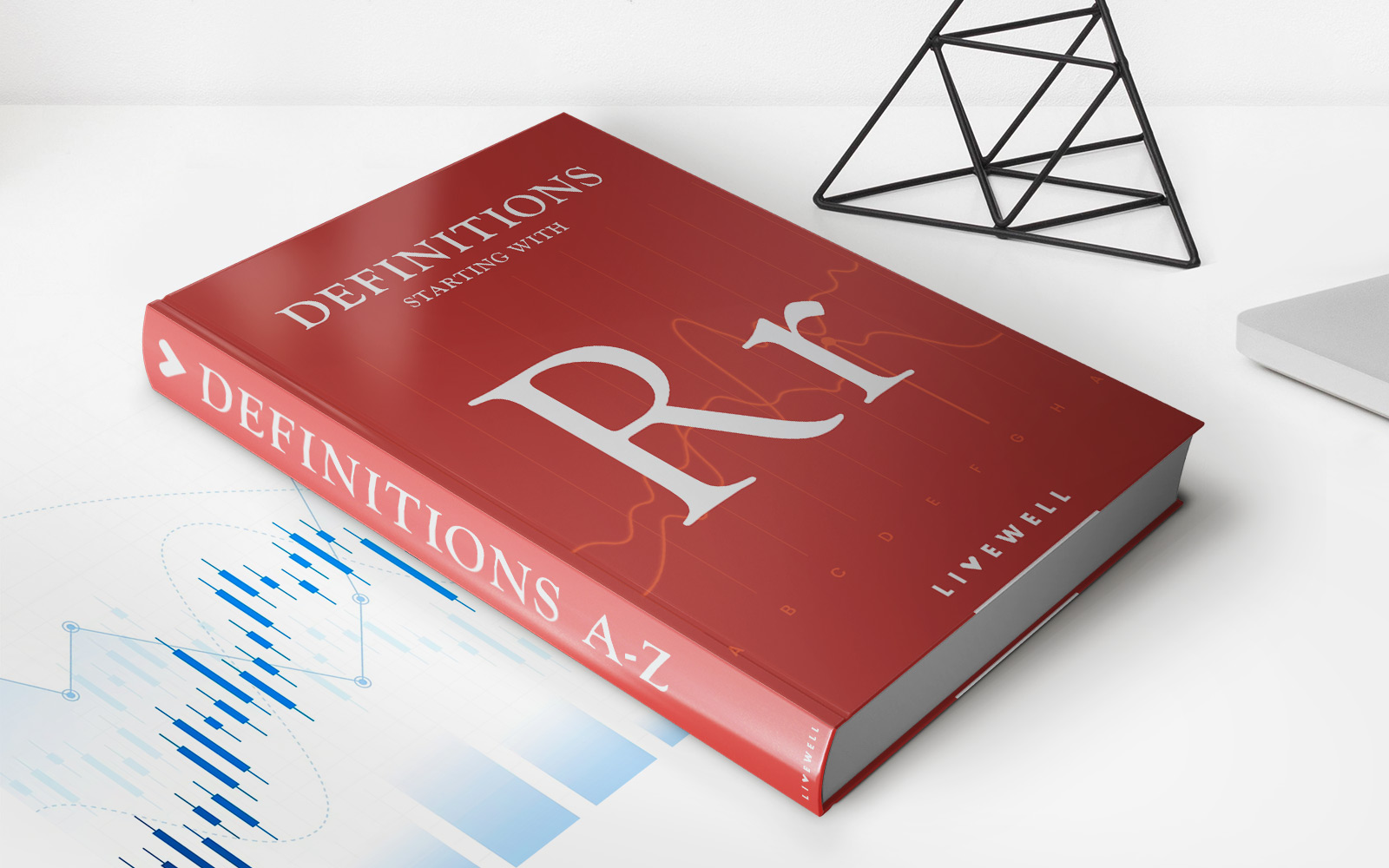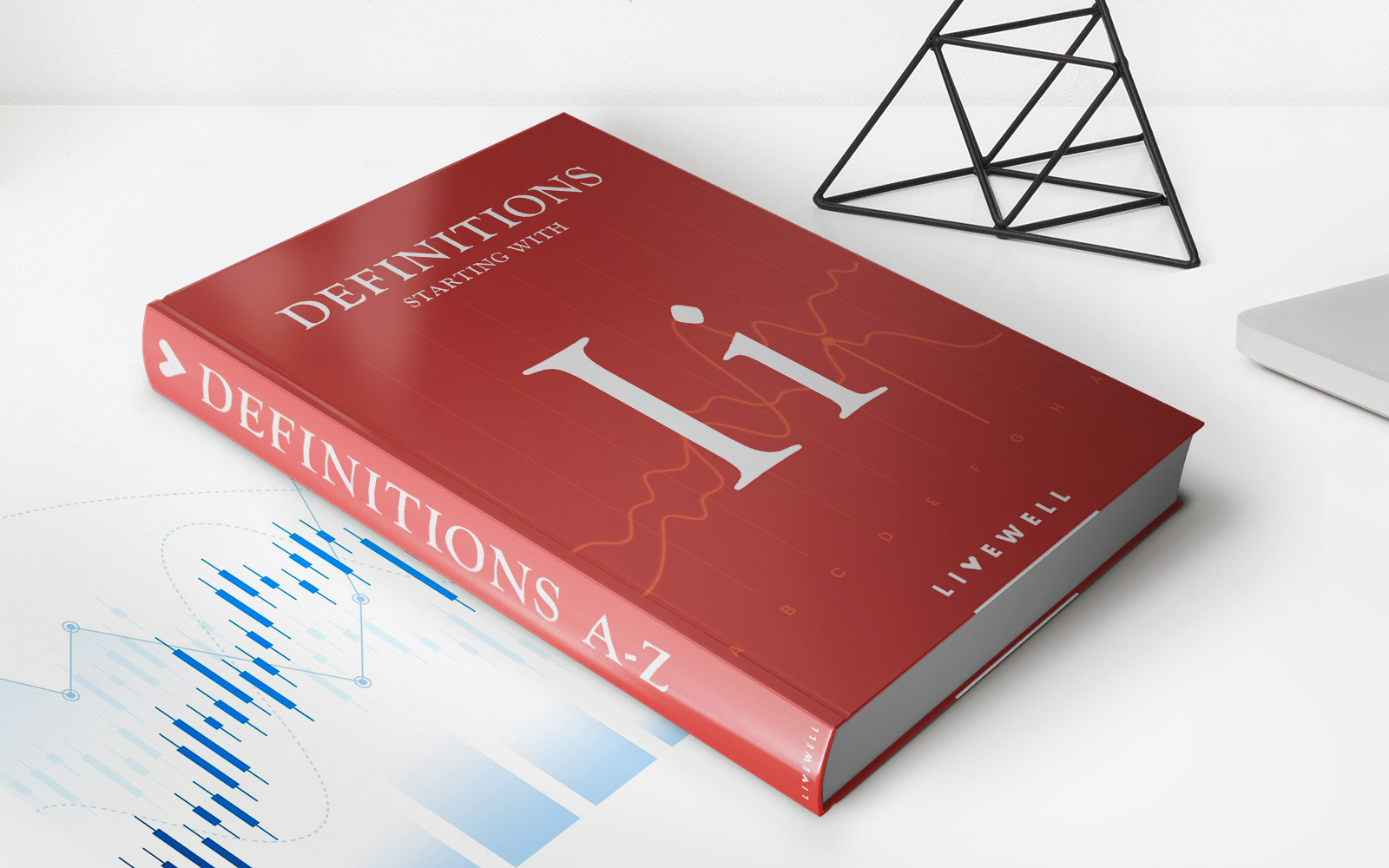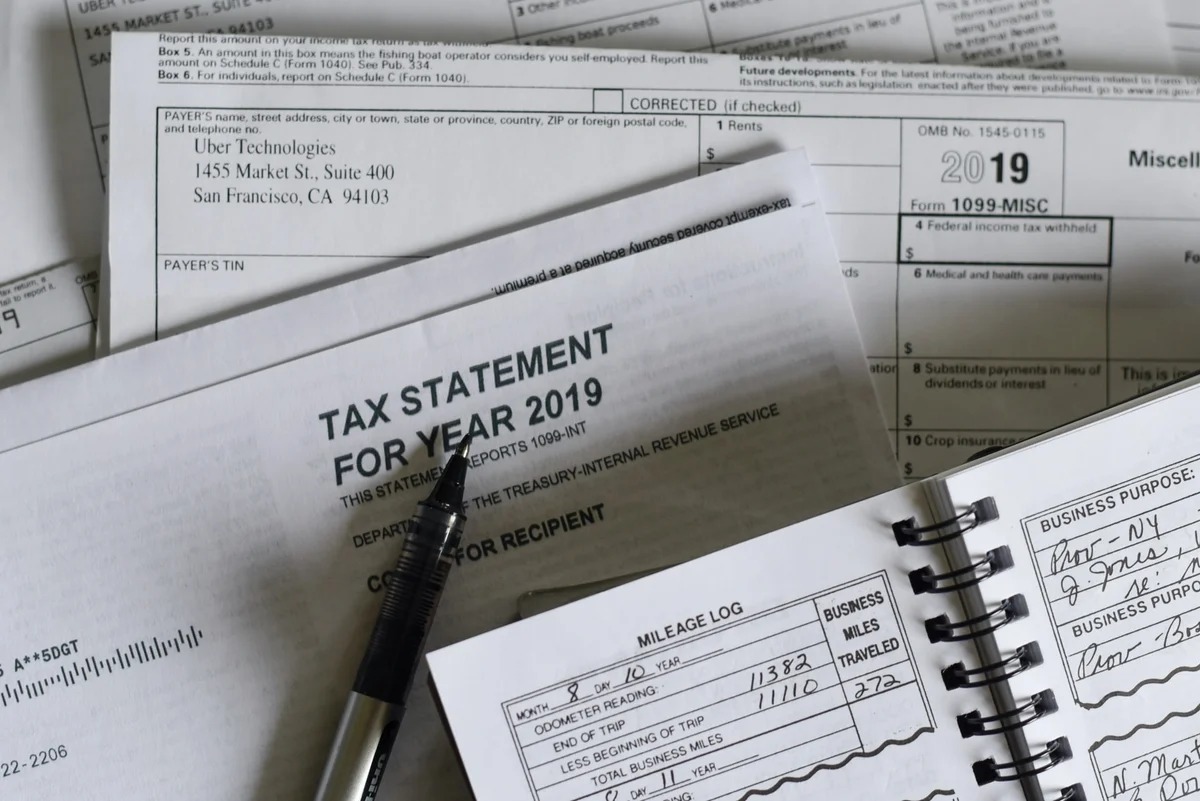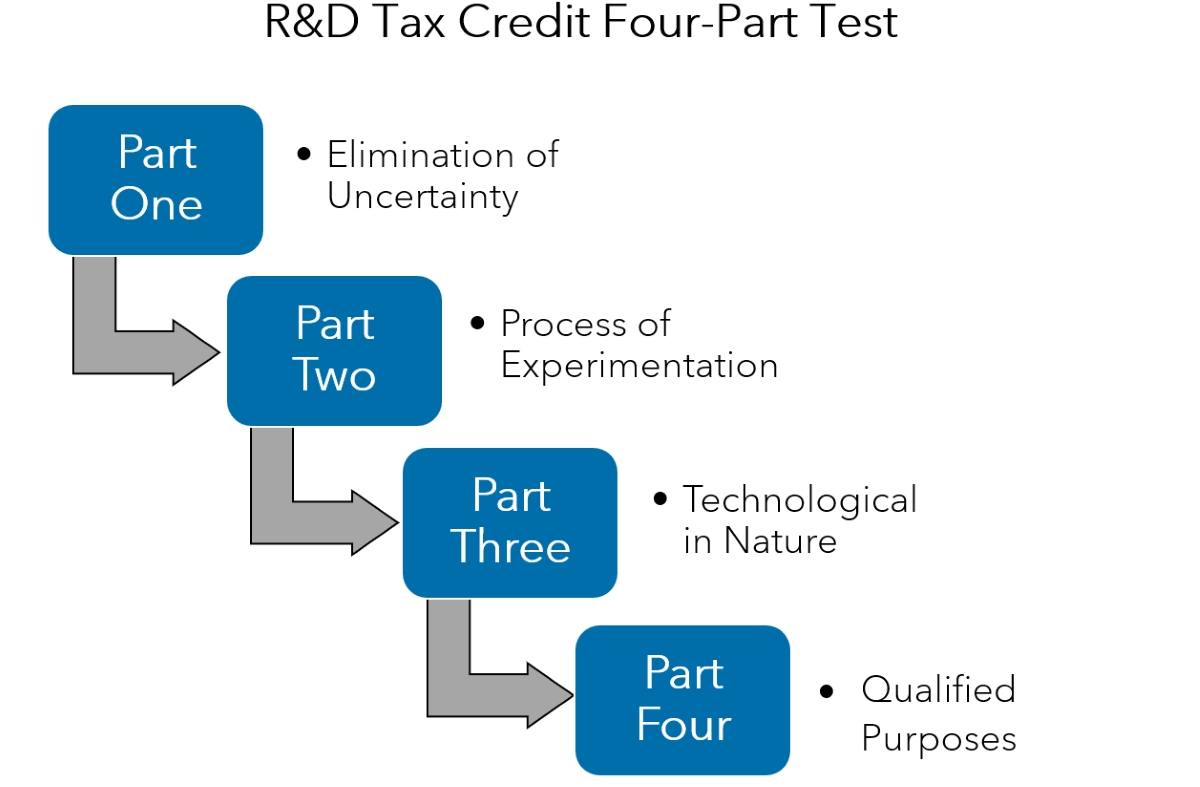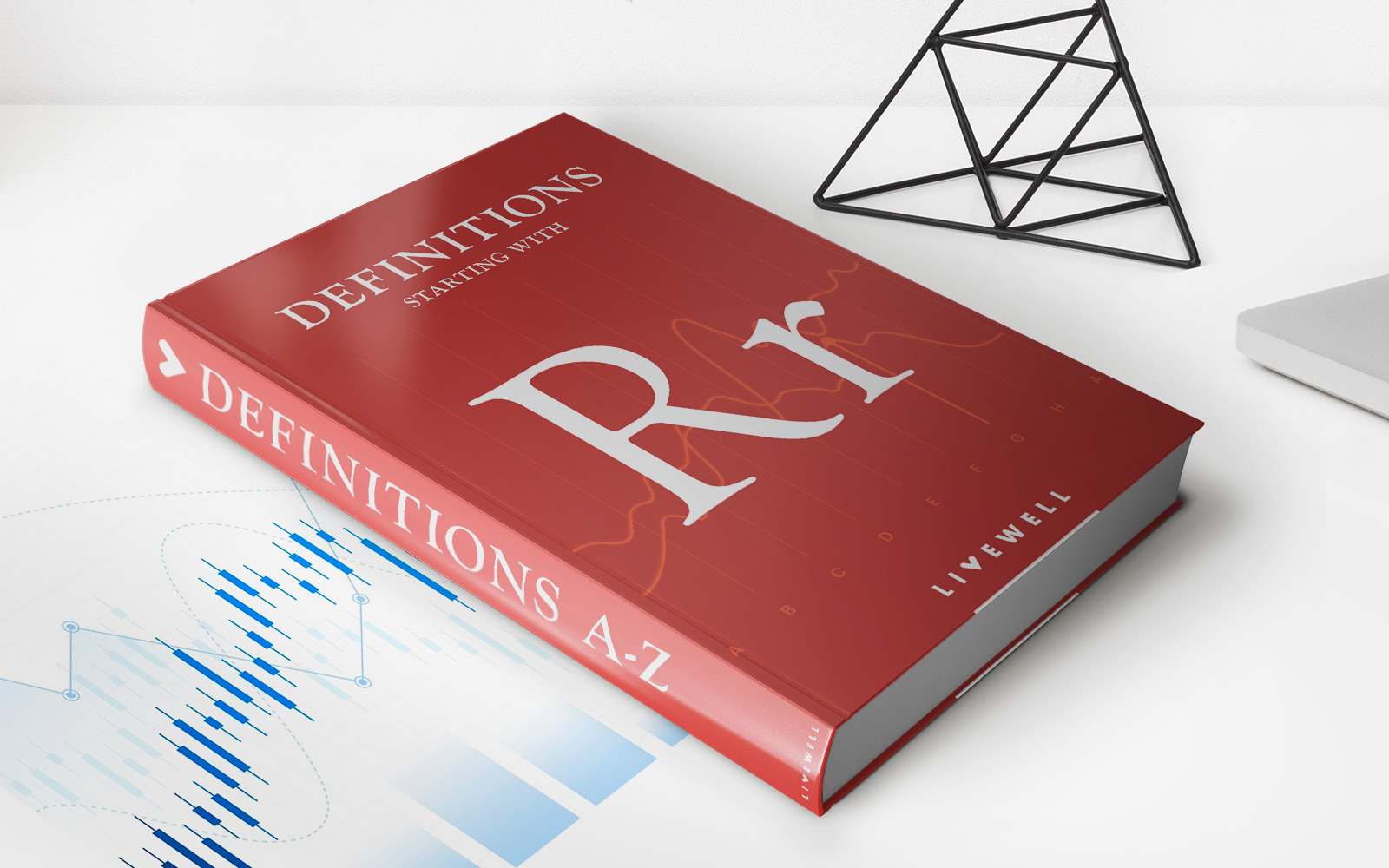

Finance
Rollover Mortgage Definition
Published: January 22, 2024
Gain a better understanding of Rollover Mortgage in the realm of finance. Discover how this innovative financial tool can offer flexibility and advantages for homeowners.
(Many of the links in this article redirect to a specific reviewed product. Your purchase of these products through affiliate links helps to generate commission for LiveWell, at no extra cost. Learn more)
Rollover Mortgage Definition: What You Need to Know
Welcome to another informative post in our FINANCE category! Today, we’re going to delve into the world of mortgages and explore the concept of a rollover mortgage. If you’re considering buying a home or refinancing your existing mortgage, understanding what a rollover mortgage is can be beneficial. In this article, we’ll provide a clear definition of a rollover mortgage and explain how it works, so you can make informed decisions about your financial future.
Key Takeaways:
- A rollover mortgage is a type of mortgage where the loan is renewed or extended at the end of its term.
- This type of mortgage allows borrowers to continue with the same lender and potentially negotiate new terms and conditions.
So, what exactly is a rollover mortgage? Simply put, a rollover mortgage is a type of mortgage where the loan is renewed or extended at the end of its term. When you initially take out a mortgage, it usually comes with a fixed term, such as five or ten years. At the end of this term, you have several options: you can pay off the remaining balance, refinance with a new lender, or choose to rollover your mortgage with your current lender.
When you opt for a rollover mortgage, you essentially continue with the same lender, but with revised terms and conditions. The interest rate may be renegotiated, and you may have the opportunity to adjust the length of the mortgage term. This can be beneficial for homeowners who are satisfied with their current lender but want to explore more favorable terms or conditions.
There are a few key advantages to opting for a rollover mortgage:
- Convenience: By choosing to rollover your mortgage, you avoid the hassle of finding a new lender and going through the qualification process again. This can save you time and paperwork.
- Potential savings: Rollover mortgages can provide an opportunity to negotiate a more favorable interest rate, potentially saving you money over the life of the mortgage.
It’s important to note that while rollover mortgages have their advantages, they also come with some considerations:
- Limited options: By choosing to rollover your mortgage, you limit your options to your current lender. If you’re hoping to explore other lenders or refinancing options, a rollover mortgage may not be the best choice.
- Terms and conditions: While you may have the ability to negotiate new terms and conditions with a rollover mortgage, it’s essential to carefully review the terms offered by your lender. Ensure that the revised terms align with your long-term financial goals.
In summary, a rollover mortgage is a type of mortgage where the loan is renewed or extended at the end of its term. This option can be convenient and potentially save you money. However, it’s important to weigh the pros and cons and carefully consider your long-term financial goals before making a decision.
We hope this article has shed some light on the concept of a rollover mortgage. For more informative articles on various financial topics, be sure to check out our other posts in the FINANCE category!
